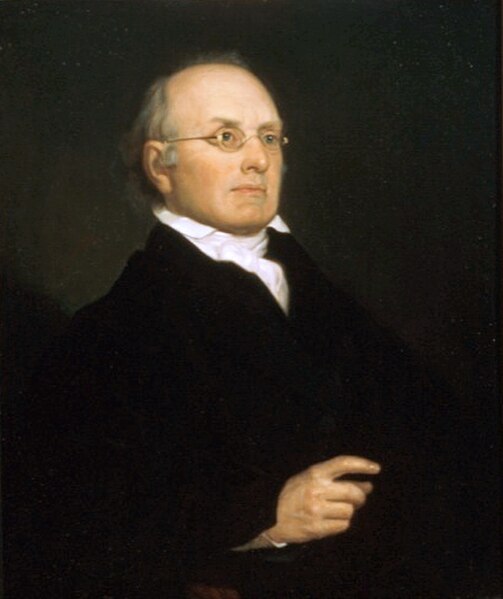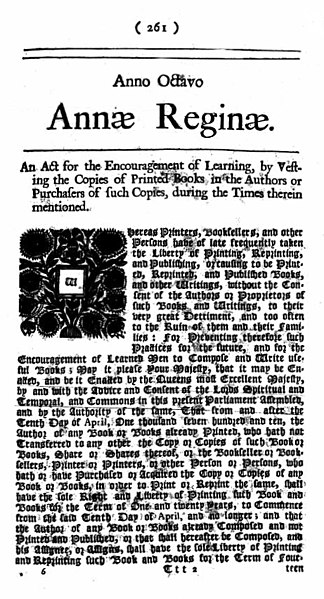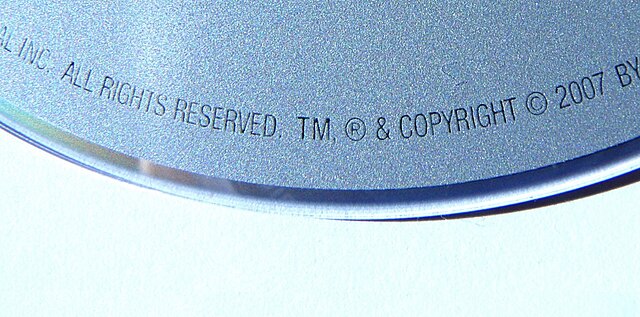Fair use is a doctrine in United States law that permits limited use of copyrighted material without having to first acquire permission from the copyright holder. Fair use is one of the limitations to copyright intended to balance the interests of copyright holders with the public interest in the wider distribution and use of creative works by allowing as a defense to copyright infringement claims certain limited uses that might otherwise be considered infringement. The U.S. "fair use doctrine" is generally broader than the "fair dealing" rights known in most countries that inherited English Common Law. The fair use right is a general exception that applies to all different kinds of uses with all types of works. In the U.S., fair use right/exception is based on a flexible proportionality test that examines the purpose of the use, the amount used, and the impact on the market of the original work.
Joseph Story wrote the opinion in Folsom v. Marsh.
A copyright is a type of intellectual property that gives the creator of an original work, or another right holder, the exclusive and legally secured right to copy, distribute, adapt, display, and perform a creative work, usually for a limited time. The creative work may be in a literary, artistic, educational, or musical form. Copyright is intended to protect the original expression of an idea in the form of a creative work, but not the idea itself. A copyright is subject to limitations based on public interest considerations, such as the fair use doctrine in the United States.
The Statute of Anne (the Copyright Act 1709) came into force in 1710.
The Pirate Publisher—An International Burlesque that has the Longest Run on Record, from Puck, 1886, satirizes the then-existing situation where a publisher could profit by simply copying newly published works from one country, and publishing them in another, and vice versa.
A copyright symbol embossed on a piece of paper
Generic DVD: All rights reserved





